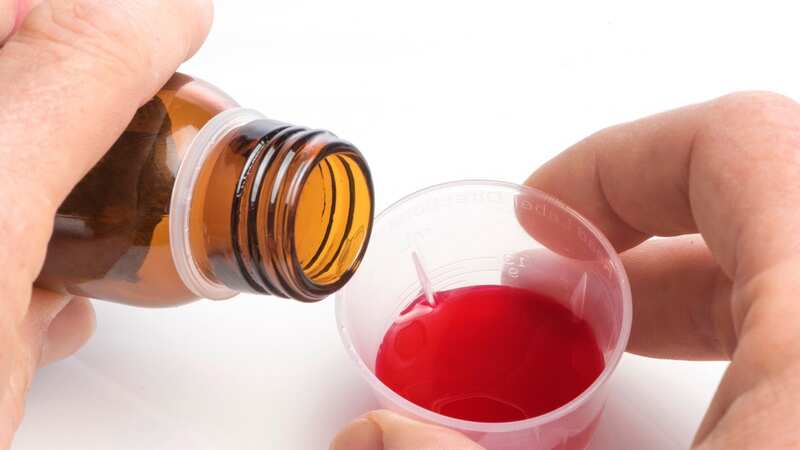

The cough syrup codeine linctus will now only be available to patients with a prescription due to concerns over abuse and addiction.
The medicine, which was previously available to buy in pharmacies, has been reclassified by the Medicines and Healthcare products Regulatory Agency (MHRA). Codeine linctus is recommended to ease the symptoms of a dry cough in adults and children over the age of 12 with no breathing difficulties.
The decision to make it prescription-only was made following an MHRA consultation with experts and healthcare professionals, and comes amid reports of misuse of the opioid. The MHRA also heard that pressure was being put on pharmacists to sell codeine linctus to addicts.
Dr Alison Cave, chief safety officer at MHRA, said: “Patient safety is our top priority. Codeine linctus is an effective medicine for long term dry cough, but as it is an opioid, its misuse and abuse can have major health consequences.” Figures released by the Office for National Statistics (ONS), and cited by the MHRA, revealed deaths involving codeine more than doubled in a decade, jumping from 88 in 2011 to 200 in 2021.
The MHRA has also received three case reports describing addiction specifically with codeine linctus. Dr Cave added: “Codeine addiction can be a gradual process. If you have been taking it for a long time and want to stop, you can talk to your healthcare provider and reduce the amount you take slowly.
 Teachers, civil servants and train drivers walk out in biggest strike in decade
Teachers, civil servants and train drivers walk out in biggest strike in decade
“If you feel that you are addicted or have concerns for someone who has been using codeine linctus for too long, you can seek advice on the NHS website. Support groups and self-help groups are also available such as Talk to FRANK.” The Royal Pharmaceutical Society (RPS) has welcomed the decision to reclassify the medicine.
President Professor Claire Anderson said: “This decision not only addresses concerns about the misuse and addictive potential of codeine linctus but also underscores the importance of prioritising patient well-being. Many community pharmacists already no longer stock codeine linctus due to concerns about addiction and abuse.
“Those that do provide it often experience aggression from patients if they refuse a sale because in their clinical judgement it’s not appropriate to supply the medicine.” Prof Anderson said there are “many alternative non-codeine-based products available to treat a dry cough”.
“As the most accessible of healthcare professionals, community pharmacists and their teams will continue to provide expert advice on managing dry cough and guide people towards suitable treatments.” Dr Leyla Hannbeck, chief executive of the Association of Independent Multiple Pharmacies (AIMP), said: “Reports form the General Pharmaceutical Council have indicated several issues related to obtaining codeine linctus from online pharmacy channels.
“Community pharmacies are best placed to seek advice from regarding medicines and they have robust processes in place to manage the risk with inappropriate use of medicines, but the ability to obtain from different channels have been impedance to managing the addiction associate with codeine linctus.
“We hope that by reclassifying this medicine to prescription only it will reduce the chances of abuse and addiction associated with this opioid medicine.” Michelle Riddalls, chief executive of PAGB, which represents the manufacturers of over-the-counter medicines, also supported the move.
She added that “patient safety and wellbeing is paramount for manufacturers”. “The decision to reclassify codeine linctus demonstrates that the reclassification system is effective; this will ensure that people are only able to access medicines that allow them to self-care safely,” she said.